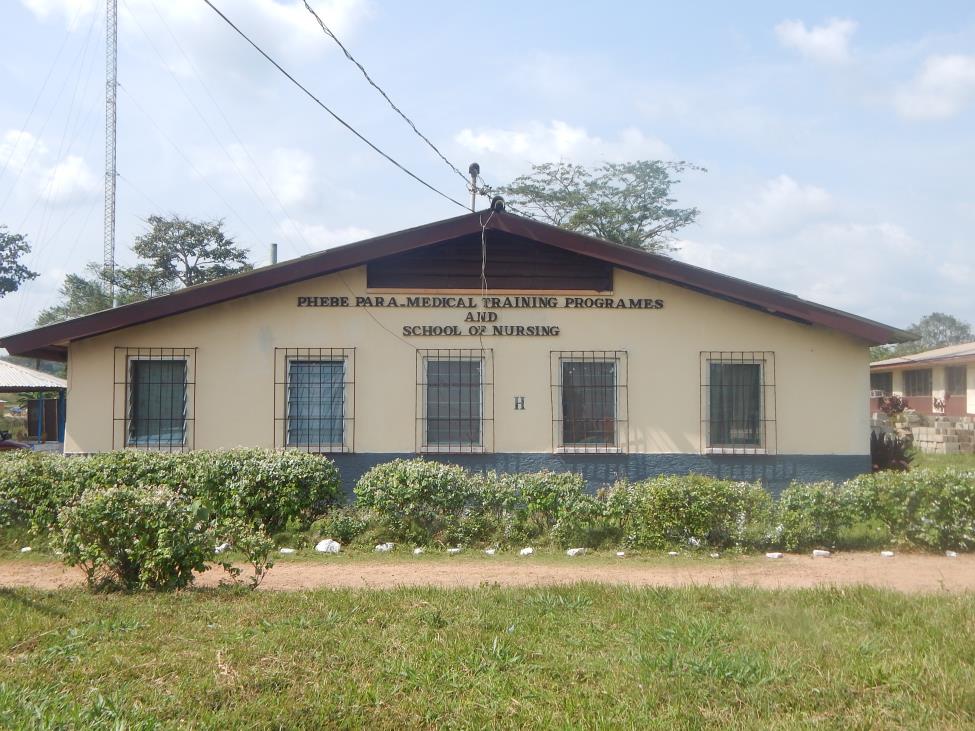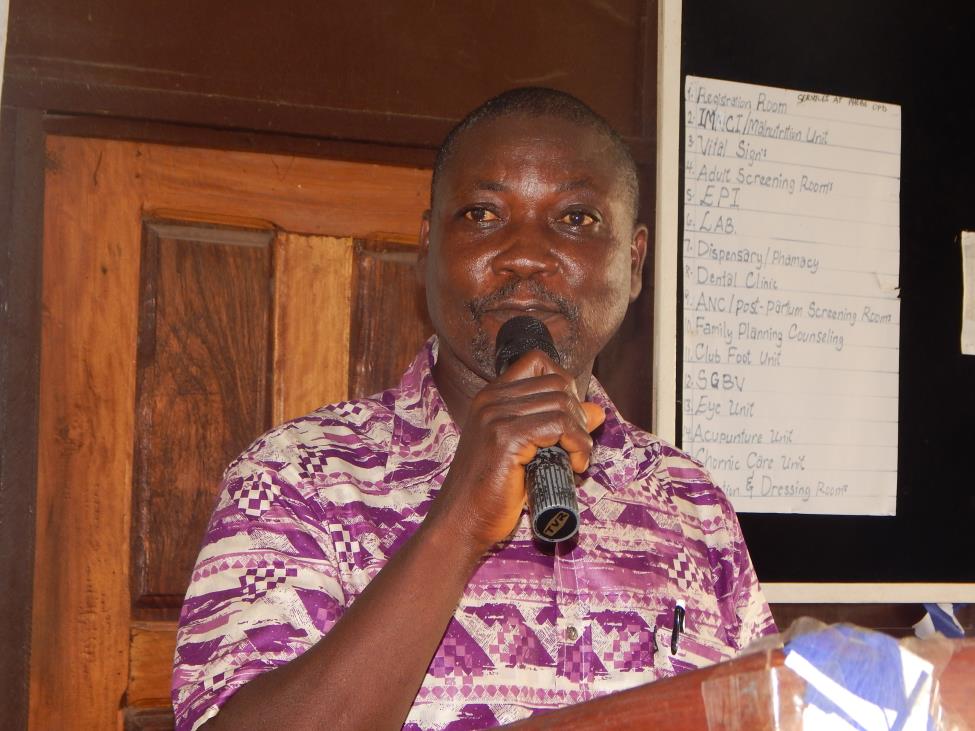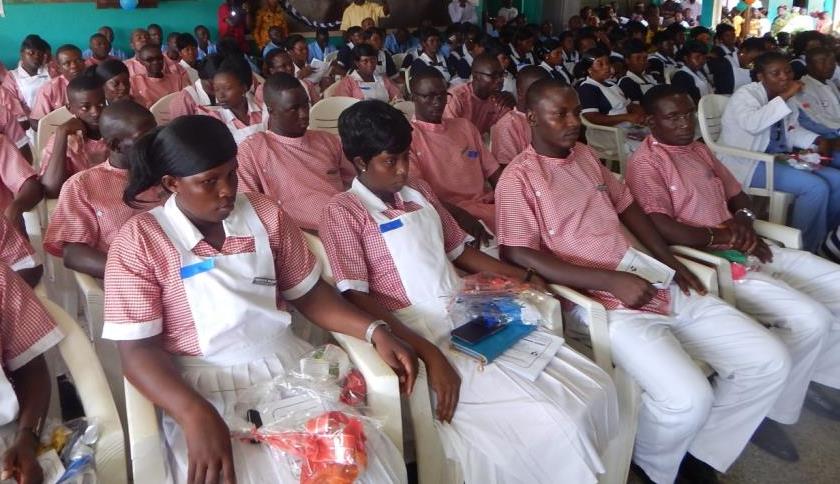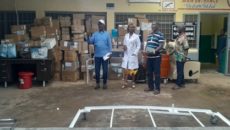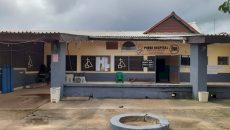SUAKOKO, Bong – The administration of Phebe Hospital has warned that it is experiencing financial difficulties in maintaining its free Para-Medical Training Program and School of Nursing.
Humphrey Loweal, the director of the program, said the government had agreed in 2011 to help sponsor the program through budgetary allotments of US$500,000 annually, allowing students to attend the program on a tuition-free basis. However, he said more than 50 percent cut in the allotment has made it difficult to effectively run the program.
Additionally, while tuition has been subsidized, students in the program still pay US$100 in the initial semester to cover costs for uniforms and other fees and an additional US$30 in each succeeding semester.
However, Phebe Hospital’s medical director, Dr. Jefferson Sibley, has suggested that the fees will be increased in the near future.
Sibley said while the government’s decision to subsidize the program was timely and in the best interest of the country, financial constraints is forcing the institution to make these increases in fees.
“That decision was taken to bridge the human resource gap that we had in the health system at the time,†he said.
Over the last few years, he said a portion of funding generated and budgeted for the operation of Phebe Hospital has been used instead to subsidize the training program’s operations.
“We run this institution on a budget of over US$800,000 and when the government took the decision, we hardly got US$500,000,†he said. He said Phebe Hospital was now engaging the Ministry of Health over the need to increase the fees.
In lieu of full support from the government, Sibley said organizations like the Peace Corps, Carter Center, and USAID have been helping to support the program.
He said limited access to funding to fully support the program has also affected the students’ learning outcomes.
“We provide only one meal [a day] for these students, but we require them to make not less than 75 percent to pass a course,†Sibley said. “That’s difficult because we provide them with just one meal. So, we expect them to study with hunger.â€
The program’s director, Loweal, also said inadequate infrastructure to contain the huge enrollment is another constraint that is affecting the program.
“Even the clinical lab we have is a very small lab that cannot accommodate all of the students,†Loweal said.
The administrators called on the government to do more to minimize the challenges at the institution.
Sibley and Loweal’s statements came during the weekend when 97 diploma candidates received their caps and badges. The students were from a variety of fields including professional nursing, professional midwifery, anesthetics, and medical laboratory technician.
The Phebe Para-Medical Training Program was established in 1921 and has helped to trained several professionals in the Liberian health sector. As with the hospital, the program was initially funded by the Lutheran, Methodist, and Episcopal Churches in Liberia.
Featured photo by Gbatemah Senah
